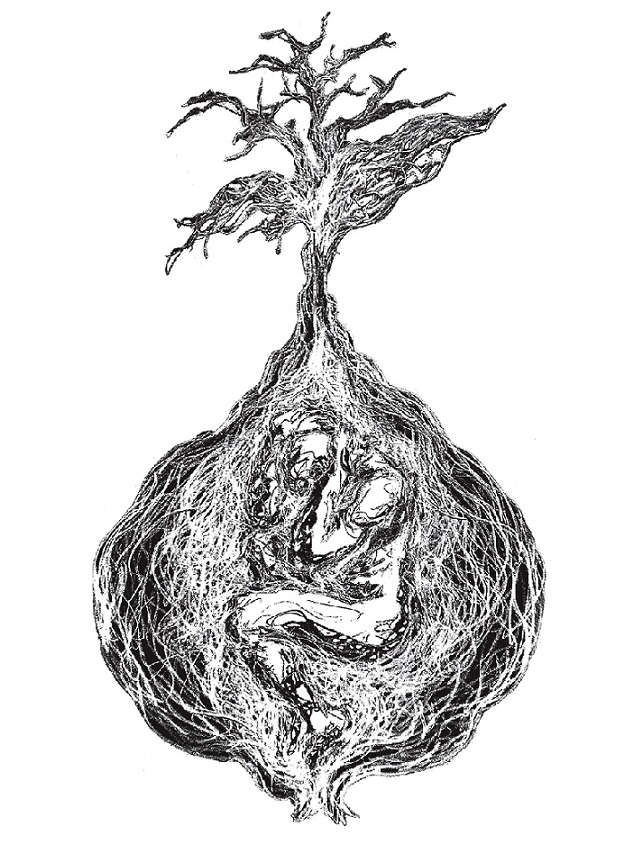Як павінен адчуваць сябе чалавек у грамадстве, эмблемай якога становіцца радок: «ëн хацеў валодаць табой / мы трымаліся»? Асабліва, калі ўжо відавочныя вынікі гэтага «валодання» і «трымання», бо сканаў сусвет, сацыяльны і асабісты.
Адным з адказаў на гэтыя пытанні з’яўляецца кніга вершаў Артура Камароўскага «Я і ëсць забаронены сцяг». Яна адлюстроўвае складаныя стасункі з рэчаіснасцю, якія пад удзеяннем сацыяльных абставін робяцца гранічна сапсаванымі. Кніга ставіць актуальную проблему непрымання «іншых», то бок тых, хто чымсьці адрозніваецца, не дапасуецца да «сваіх». Тое, на чым гэтае адрозненне грунтуецца, розніцы не мае. Лейтматывы гвалту і крохкасці цела, спробы знайсці апірышча ў пасляжнівенькім свеце ― усë гэта ўводзіць кнігу Артура Камароўскага ў рэчышча пратэставай лірыкі, захоўваючы, тым не менш, самабытнасць паэтычнага свету.
How should a person feel in a society whose emblem is the line: “he wanted to own you / we held on”? Especially when the results of this “owning” and “holding on” are already obvious, because the universe, social and personal, has died.
One of the answers to these questions is the book of poems by Artur Kamaroŭski “I am the forbidden flag myself”. It reflects complex relations with reality, become extremely corrupted under the influence of social circumstances. The book raises the urgent problem of the rejection of “others”, that is, those who are different in some way, not fitting in with “our own”. The reason for such distinction makes no difference. There are the leitmotifs of violence and the fragility of the body, the attempts to find a foothold in the world after August 2020. All this puts the book by Kamaroŭski into the context of protest lyrics, while preserving the originality of the poetic world.
